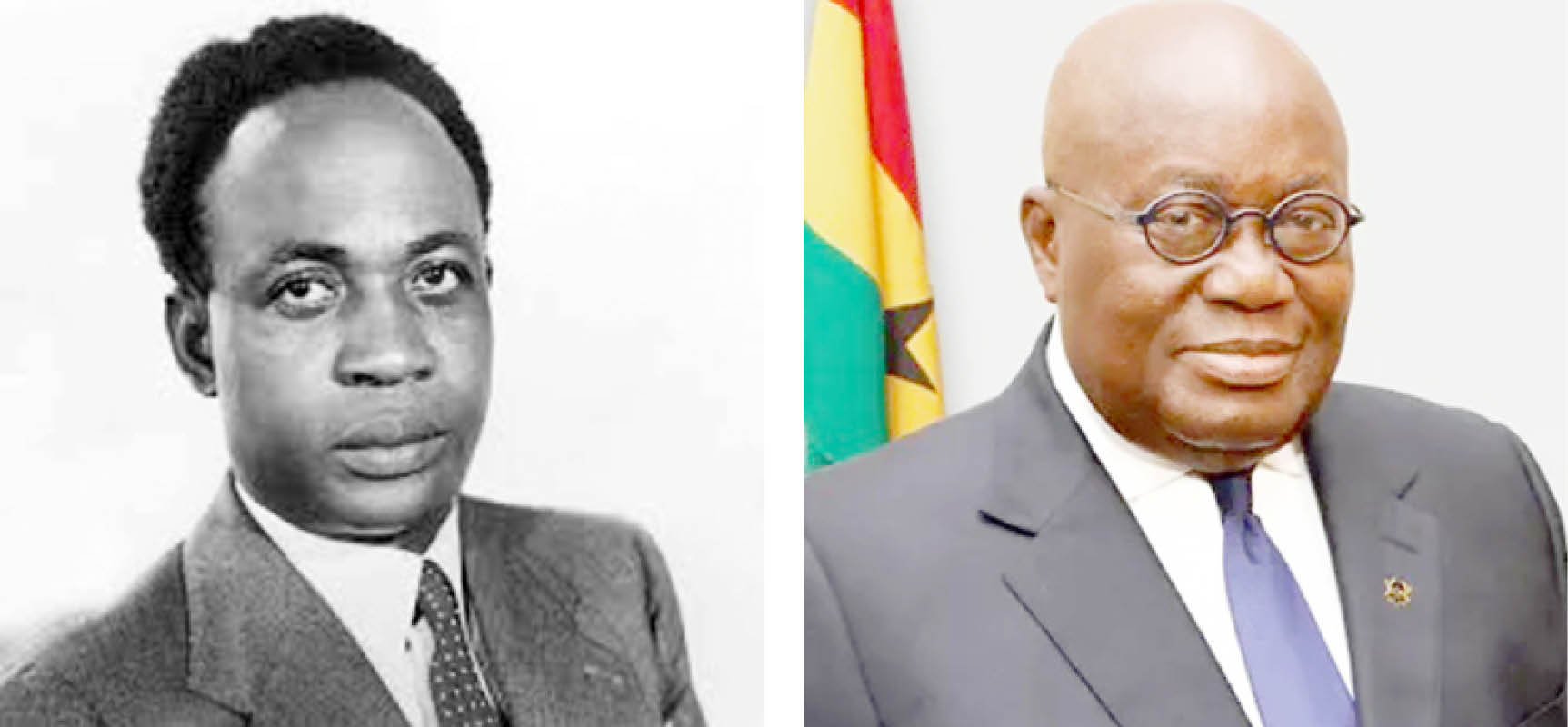By Lindsay Barrett
Less than a month after the army overthrew him on February 24th, 1966 Osagyefo Kwame Nkrumah the deposed President of the Ghanaian Republic gave a historic broadcast on Guinean National Radio denouncing what he described as the betrayal of the dreams of Africa’s independent glory. It was the 6th of March 1966 nine years after Ghana had been granted independence by its British colonial master, thus beginning the torrent of Africa’s reversal of European colonialism, As Ghana’s outstanding poet Kofi Awoonor has narrated, in an extraordinarily brilliant and extensively comprehensive essay entitled Why Kwame Nkrumah Was Overthrown, in the first years of Ghana’s independence Nkrumah was deeply engaged in developing the ideological foundations of Pan Africanism and the African liberation movement. His outreach to the rest of the continent in order to build the ideological foundations of continental unity however attracted profound disenchantment from the promoters of the neo-colonial exploitation of Africa’s resources and economies They undertook a major campaign of disinformation against Nkrumah’s leadership on a global scale throughout the first years of Ghanaian independence, and built up a body of internal dissent that eventually gave weight and substance to a military rebellion that displaced his government.
The overthrow of elected governments in Africa emanating from public response to dysfunctional governance has now become an issue of great concern. It is an unfortunate syndrome that seems to echo the betrayal of the early promise that decolonisation was meant to provide for the peoples of the continent. In his broadcast on the first national day, after the coup that overthrew him Osagyefo characterised the perpetrators of military rule as traitors to the aspirations of ordinary citizens. Although he was never reinstated as Head of State his vision and developmental objectives have remained germane and desirable aspirations of Ghana, and indeed of all African nations, since the memorable date of March 6th 1957. His assertion that the purpose for seeking independence was to restore self-determination to the governance of all African communities has remained an impressively realistic and desirable wish of all the peoples of the continent. In spite of many obstacles and disappointing eventualities that have bedeviled the tenures of various African governments the Osagyefo’s vision has not only remained alive but has become the sinecure of nationalist aspiration throughout the continent. As a consequence, today the call for African unity with which he underscored the act of Ghana becoming independent on March 6th 1957 remains fully relevant and alive in the ideological assertions of most independent nations in the continent.
This is particularly noticeable in Ghana itself where the incumbent President Nana Akufo-Addo in spite of being considered as representing a party that usually opposes the Osagyefo’s legacy, is the most vocal national leader in support of the Pan African cause. What this reality indicates is that time changes many perspectives and that history is made up of a multiplicity of assumptions that we cannot always take for granted. That Ghana’s National Day is being recognised once again in many parts of Africa as commemorating the commencement of Africa’s decolonisation is a fact of history. Bur even more important is the fact that consideration of this aspect of African history might encourage many of the younger generation of African leaders and participants in contemporary politics to examine the relation between themselves and the people in the light of the profound expectations which Nkrumah’s leadership had established when Ghanaian independence was first announced. As Awoonor has explained in great detail Osagyefo was prepared to sacrifice all the privileges of national leadership in order to install genuine transformation of the continent’s relationship with the rest of the world. Those who have listened to Nkrumah’s testament against the coup makers on March 6th 1966 can have no doubt that to the end his major distress was caused by the fact that the military intervention truncated his plan to reorder development priorities for the entire continent.
A particularly important advisory element of modern African politics is the need for contemporary participants to reconsider the origins of the socio-cultural realities that created the circumstances in which the polity exists. In order to ensure that this process is effectively implemented it is necessary for contemporary politicians to undertake serious research and study of the earlier events that created the situations that they have inherited. For example, it is advisable that every Nigerian politician should have at least a rudimentary idea of what principles gave birth to the nationalistic ideas that gave rise to the independence movement that eventually created the Nigerian nation. The purpose for undertaking a holistic study of these origins of thought will be to ensure that those who represent the people in the halls of governance will be able to articulate the peoples wishes and aspirations accurately. However, as the example of the Osagyefo indicates the fact that those in political power have the peoples best interests at heart does not protect them against betrayal and the usurpation of power. However, time has shown in many of the countries where early coups truncated the nation-building process that things do change once it becomes obvious that those who seized power do not have the peoples mandate to continue to hold on to power.
Ironically, anyone who cares to examine the trajectory of governance in Africa through the prism of the decades of governmental experimentation that military intervention provoked shortly after the advent of decolonisation will probably come to the conclusion that the military took power in order to create new democracies. In truth the experience of governance has forced a fundamental re-thinking of the processes of power on those countries that have undergone the course of military intervention. In some cases, they have been transformed to privileged autocracies posing as democracies. Ghana is a vital and equitable example however of real transformation and many of the policies and programmes that the Government promotes at this time would have earned Osagyefo’s commendation. In going forward those who believe that the principles and objectives of the decolonisation movement that was enshrined in the attainment of Ghanaian independence on March 6th 1957 have remained sacrosanct, might actually find evidence of the great man’s revolutionary relevance in the survival of the national entity in spite of serious flaws of administrative conduct over the years. Now that the military has taken a protracted back seat in the governance agenda of the nation the Osagyefo’s prayer that the usurpation of power by the men in uniform would become a thing of the distant past might eventually have come to fruition. and Africa might yet find its role renewed as the continent of hope which it was on March 6th 1957.

 Join Daily Trust WhatsApp Community For Quick Access To News and Happenings Around You.
Join Daily Trust WhatsApp Community For Quick Access To News and Happenings Around You.


